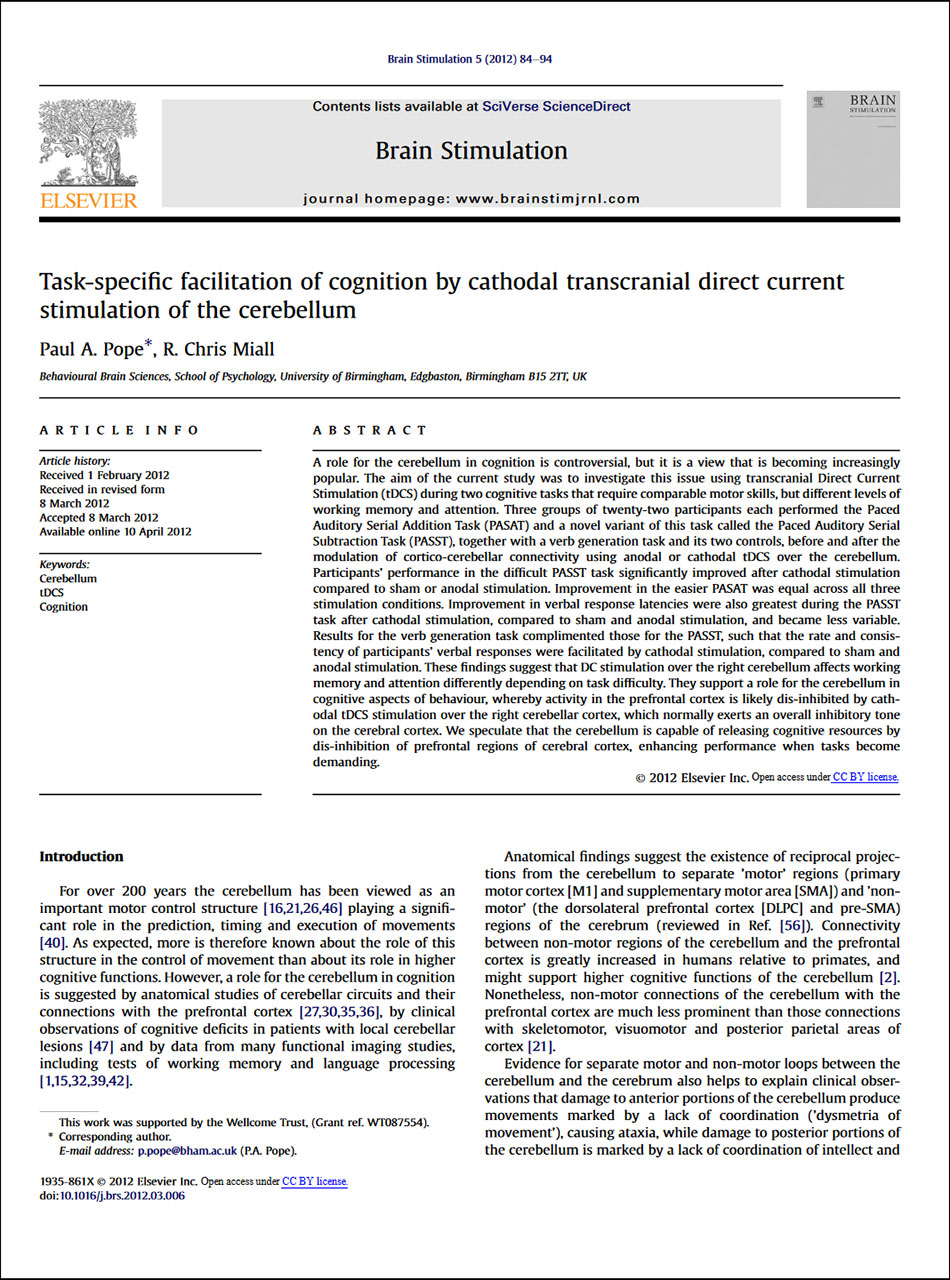How to Improve Your Scientific Writing Skills
Scientific writing requires the effective communication of ideas and findings. However, students with a humanities background and little or no experience writing science may feel intimidated or worried about tackling their first science essay at college or university. This unease arises due to differences in subject matter, methodology, and writing style between the two disciplines. Therefore, this post lists ten essential tips to help students improve their scientific writing skills.

What is a Scientific Writing Style?
A scientific writing style prioritises clarity, precision, and objectivity, aiming to communicate complex ideas and research findings clearly and accurately. Effective scientific writing is crucial for succeeding in various courses, especially science, technology, engineering, and mathematics (STEM) fields. Whether it’s writing lab reports, research papers, or essays, students who can communicate their findings and ideas coherently are more likely to excel academically. However, students new to studying science can struggle to write scientifically.
Science vs Humanity Essays: Know How They Differ to Improve Your Scientific Writing Skills
Science essays present and explain complex ideas, theories, and findings using empirical evidence. They use technical terms and structured formats, avoid ambiguity, and rely on data, facts, and evidence to support their arguments. In contrast, humanities essays explore and analyse human experiences, values, and artistic expressions. Its structure is more flexible and uses figurative language, metaphors, and other rhetorical devices to convey subjective perspectives. Thus, science essays require a more structured and objective approach to writing essays than the humanities, which may be unfamiliar to students who have not studied science before. Fortunately, your scientific writing skills can be learned and improved with guidance and practice.
As an experienced educator in psychology with ten years of experience at a top UK university, I have put together some tips to help you improve your scientific writing skills.
Follow These Tips to Improve Your Scientific Writing Skills
1. Use a Formal Tone
Scientific writing should be objective, so avoid slang or overly emotional language. Use an impartial voice that presents information without bias or personal opinion. In short, a formal tone in scientific writing fosters clarity, precision, and credibility.
2. Write Precisely & Concisely (To Improve Your Scientific Writing)
Scientific writing should be clear and brief. So, use accurate and succinct language to convey your ideas. This skill enables you to present your ideas more effectively. Additionally, precise and concise writing demonstrates mastery over the subject matter and fosters credibility and professionalism in scientific discourse.
3. Cite Evidence
Use citations from credible sources to support your arguments and ideas. This practice encourages critical thinking and fosters a deeper understanding of the subject, as you must evaluate and integrate relevant sources into your writing.
4. Present Work Logically
Organise your writing sensibly by including a structured format such as the IMRAD (i.e., Introduction, Methods, Results, and Discussion) structure commonly used in scientific research papers. It ensures your content flows logically, guiding readers through your research from introduction to conclusion. This structured approach also helps you present your findings coherently, enhancing clarity and persuasiveness.
5. Adopt an Active Voice
An active voice can make your scientific writing more engaging and readable. It promotes concise and dynamic expression of ideas, making your writing more engaging, clear, and impactful. Additionally, active voice helps to streamline sentences and improve flow, contributing to a more cohesive and persuasive narrative.
6. Embrace Transition Words
Use transitional words such as “moreover”, “whereas”, “because”, and “however” to connect your ideas and make your writing flow smoothly from one idea to the next. Consequently, these words and phrases make it easier for readers to follow the progression of arguments or experimental procedures.
7. Employ Proper Citations
Cite your primary sources (not lecture content) using the appropriate citation style, such as APA, MLA, or Chicago. By acknowledging the sources of information and ideas, you demonstrate transparency and respect for intellectual property. This practice also helps students adhere to academic integrity and avoid plagiarism.
8. Revise and Revise Again
Scientific writing is a process that requires multiple revisions. So, revise your work several times to ensure it is clear, concise, and well-organised. Moreover, revision allows students to clarify their arguments, strengthen their analysis, and enhance the overall effectiveness of their writing.
9. Seek Feedback
Ask a friend, colleague, or peer to review your work and provide feedback. Incorporate their suggestions into your writing if necessary. Overall, feedback helps you identify areas of strength and weakness in your writing, enabling you to refine your arguments, clarify your ideas, and address any deficiencies in your work.
10. Practice Writing Regularly
Set aside time to write more science and try to vary the types of assignments you practice to develop your writing skills. Moreover, read more journal articles to familiarise yourself with how they are written and presented. Through consistent practice, you will improve your scientific writing skills.
Summary
Overall, following the points above can help you to develop a clear, precise, and well-organised scientific writing style. This essential skill will enhance your academic performance and open doors to success beyond college or university.
Remember to check out my other pedagogy articles to get the most out of your education.
If you found this study guide helpful, please share it. Thank you!

























